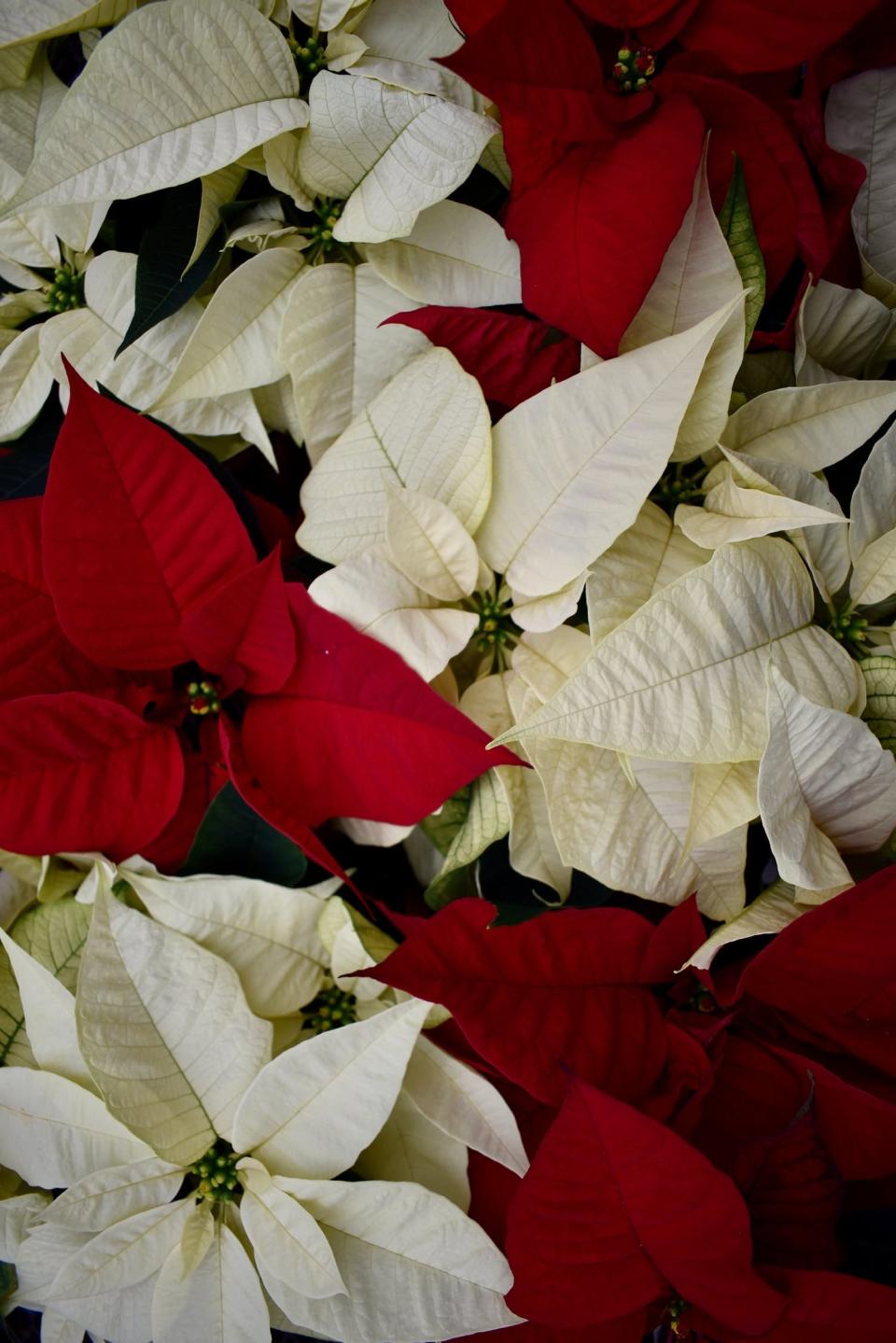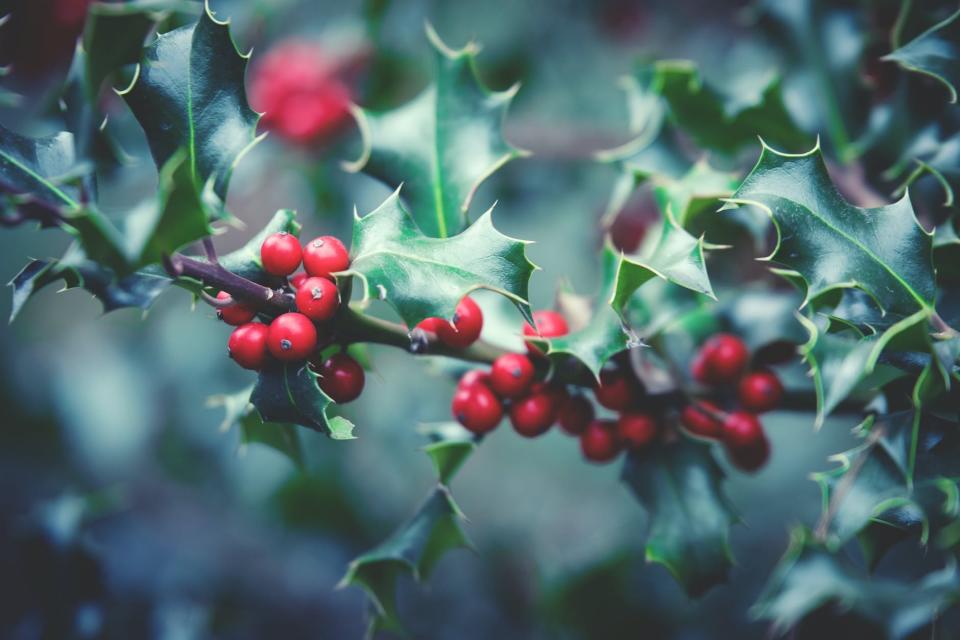Gardening: Some popular Christmas plants are harmful to humans and pets

Live plants are a cherished part of winter holiday festivities for many central Ohio families. From poinsettias in many different colors and shades to the stately and colorful amaryllis, these plants are often received as gifts and placed in various locations around the home without a thought about their potential toxicity to children or pets.

Unfortunately, the same holiday plants that bring us joy and color can be dangerous when ingested by inquisitive pets and children. This fact doesn’t have to prevent us from enjoying these plants, but it requires us to be cognizant of where we locate them if there are pets or young children in the home. Let’s look at the potential toxicity of some of the best-loved holiday plants.
• Amaryllis, paper whites, daffodils: These bulbs forced for holiday blooming are popular gifts for plant lovers, but they are toxic to both pets and humans. Ingesting any part of these plants can cause abdominal pain, convulsions and cardiac arrhythmias. The good news is that the leaves of these plants are far less toxic than the actual bulbs.
More: Gardening: Compost can help improve soil by adding organic matter
• Poinsettia: This quintessential holiday plant now available in an array of different colors, shades, and leaf characteristics is likely the most misunderstood holiday plant when it comes to potential toxicity. While ingesting the leaves or stems of poinsettia (Euphorbia pulcherrima) can cause gastrointestinal discomfort, it will not cause severe illness or death — contrary to what Grandma may have told you!

• Mistletoe: While hanging live mistletoe (Phoradendron flavescens) may yield an extra peck on the cheek this holiday season, it should be avoided in households with pets, because it is extremely toxic. Ingesting even a small amount of live mistletoe can cause gastrointestinal upset, seizures, and even death when large quantities are ingested by pets. Pet lovers should opt for plastic or silk versions of this plant for the backdrop for their holiday smooches.
• Cyclamen: Only in recent years has cyclamen (Cyclamen persicum) become popular as a winter holiday plant available with flowers in many shades of red and pink as well as white. This plant contains dangerous saponins which can cause intestinal symptoms when ingested. The tuber or root of cyclamen is the most toxic part of the plant.

• Holly berries: Branches of shiny holly foliage with its festive red berries are popular and nostalgic holiday decorations, but the berries are extremely toxic when ingested by humans or pets, causing vomiting, diarrhea, dehydration and drowsiness, even if just one or two berries are swallowed. The leaves of holly (Ilex opaca) can also cause discomfort if swallowed due to their sharp edges. Once holly berries dry out, they fall from the branches, sometimes putting them in easy reach of curious pets and children. Extreme care must be taken when displaying live holly branches with berries when pets or children are present.
• Christmas cactus: The indoor Christmas cactus (Schlumbergera bridgesii) provides a vibrant pop of color for the holidays and beyond but has been known to cause ataxia (abnormal uncoordinated movements) and mild stomach upset when ingested by cats.
More: Poison hemlock: What Columbus residents need to know about one of Earth's deadliest plants
With attention to proper plant selection and strategic placement in the home, plant lovers with pets or young children can enjoy the colors, textures and fragrance of these holiday plants.
If ingestion of toxic plants is suspected in children, contact the Central Ohio Poison Center at Nationwide Children’s Hospital at 1-800-222-1222. Pet owners who suspect pet illness from ingesting toxic plants should contact their veterinarian or the 24-hour emergency pet poison hotline maintained by the ASPCA at 1-888-426-4435.
This article originally appeared on The Columbus Dispatch: Toxic Christmas plants: amaryllis, poinsettia, mistletoe, holly

